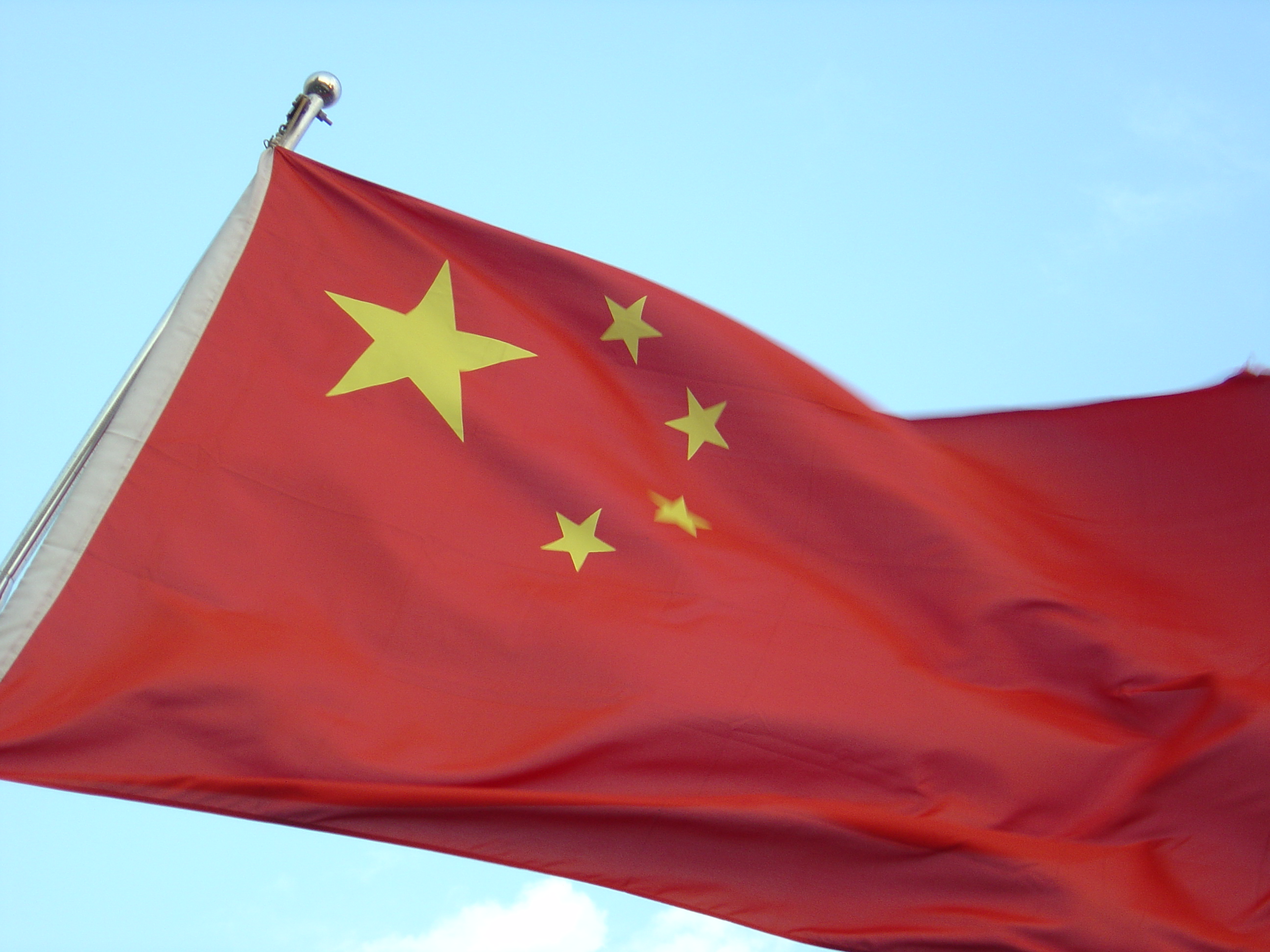How do you get anything done in China?

Harjeev Kandhari on 20 years of business in the People’s Republic
“I just don’t get China!”, “As a foreigner, how do you get anything done in that country?”, “How can you trust the Chinese?” Having worked with China for nearly two decades now, I get many of these questions from friends and colleagues. They realise the need to do business with China and are having some trouble navigating the choppy waters. So here are some of my thoughts – in the hope I don’t offend any of my Chinese friends!
Conventional wisdom and cross-cultural management studies often emphasise the collectivist nature of Chinese society. However, I’ve always maintained that the Chinese have the most individualist of behaviours. Chinese society is collectivist in that individuals identify with an “in-group” consisting of family, clan, and friends. Within this, co-operation is the norm. Outside, zero-sum competition is common. As a result, self-organised (as opposed to hierarchically imposed) co-operation can be difficult to achieve.
In addition, zero-sum competition means that your Chinese counterpart may not believe in so-called ‘win-win’ solutions. One can observe this, for instance, in the tendency to re-open negotiations just as everything seems settled, especially if one seemed too ready to agree with the negotiated terms – one’s Chinese counterpart may interpret this as an indication that he or she has not bargained hard enough.
It is certainly difficult to gain trust in China. The Chinese tend not to trust until there is enough evidence of trustworthiness. Unlike in the West, the creation of personal friendship is a prerequisite of doing business. Building friendship takes time, which is another reason to avoid rushing into things. There are numerous invitations to events. I was once the chief guest at the wedding of the chairman of a tyre factory’s godson. The poor kid must still be wondering who the big guy is in the turban in his wedding photos!
One major element in building trust is the long dinners during which everything but business is discussed. In these, alcohol plays an important role. Fortunately for me, my religion does not allow me to drink. This has saved me many times in China but also some people have refused to do business with me because they could not ‘trust’ someone who doesn’t drink with them. Their loss!
Company decisions are typically reached in a top-down manner, with only the very top of the pyramid involved in decision-making. Mistrust puts limits on delegation, and supervisory control at each level is high. Mid-level managers typically have little power to make decisions of consequence, and their main role is to pass on orders from the top and ensure execution. Be aware in negotiations that the decision is ultimately made at the very top. If your counterpart is not part of that group, he is typically not authorised to make major decisions but must report back to the top for instructions. Also, make sure your representative matches the status of his or her counterpart. Important dimensions of status are formal position, age, and education.
The Chinese are an extremely proud people. I’ve never known a person in China in my many years of experience to ever be wrong. The Chinese that I’ve dealt with do believe that they are a superior people (much like the rest of us). One needs to recognize those sentiments and then ensure one defers to them if you want to get things done in China. For example, when I’m in China, I always wear a pin on my lapel with a Chinese flag and it’s always noticed and appreciated. In fact, one senior government official even told me that “You are wearing my heart on your jacket!” That meeting certainly went very differently after that comment.
Conventional wisdom holds that China’s governmental structure is highly centralised, with all key decisions made in Beijing. In reality, Beijing directs little of what happens throughout the country, especially in far-flung regions. To be sure, if Beijing truly wants something to happen, it will. At the same time, Beijing recognises that decentralisation of power plays an important role in taking economic reforms forward. By running things in a slightly different way, the thousands of localities throughout China constitute a large population of local experiments, collecting information about what works. From these experiments, the central government can select suitable future policies. Expect conditions to vary by province. In addition, to the extent you need to negotiate with government, it’s crucial to involve local government. Even if you have agreement from Beijing, if the local government wants to thwart you, it will.
There are so many more aspects about doing business in China which I would have to write a whole book to cover. All the usual statements like “In China you always have to have the long term vision”, or “Change is the only constant” or “The Chinese never say no directly and will always use the indirect route”. But the one piece of advice I want to leave you with is the one I find the most important about doing business in China. Nothing happens in China if you aren’t there! If you want to get anything sorted, get your ass on a plane and just go there!



Comments